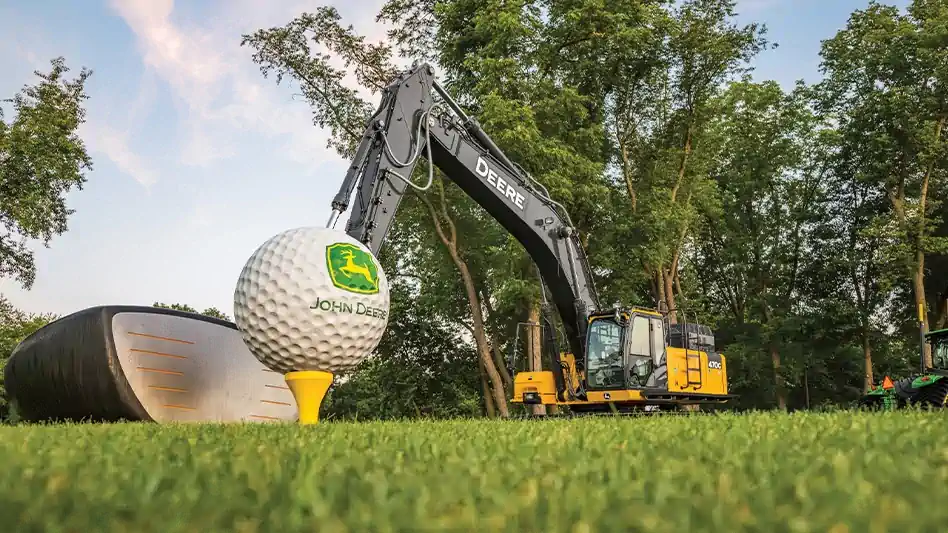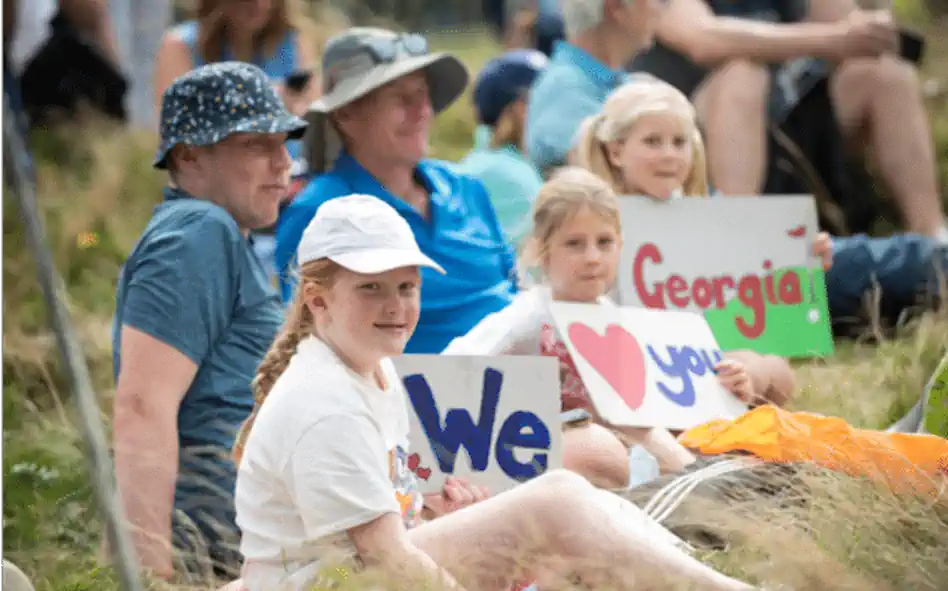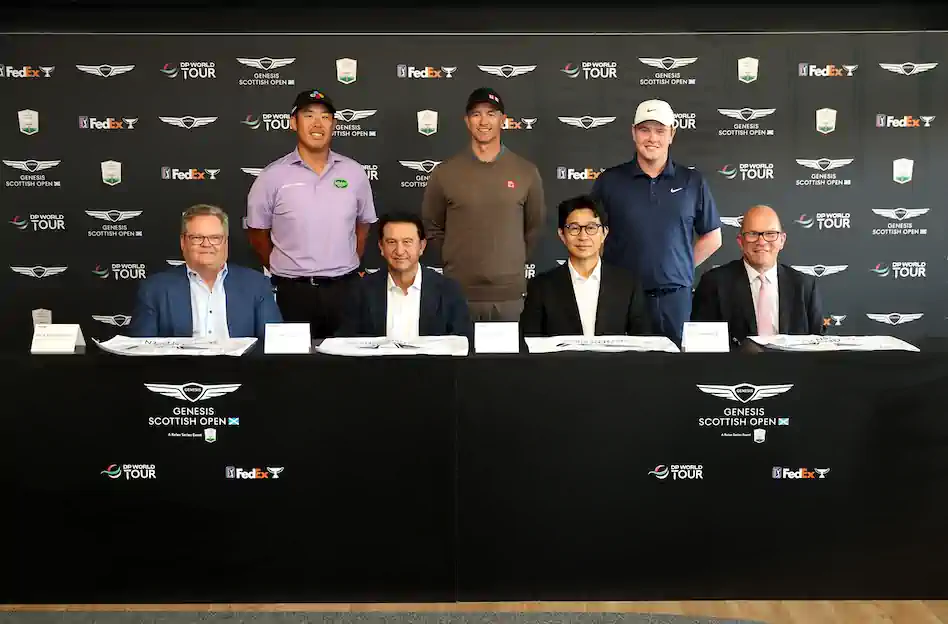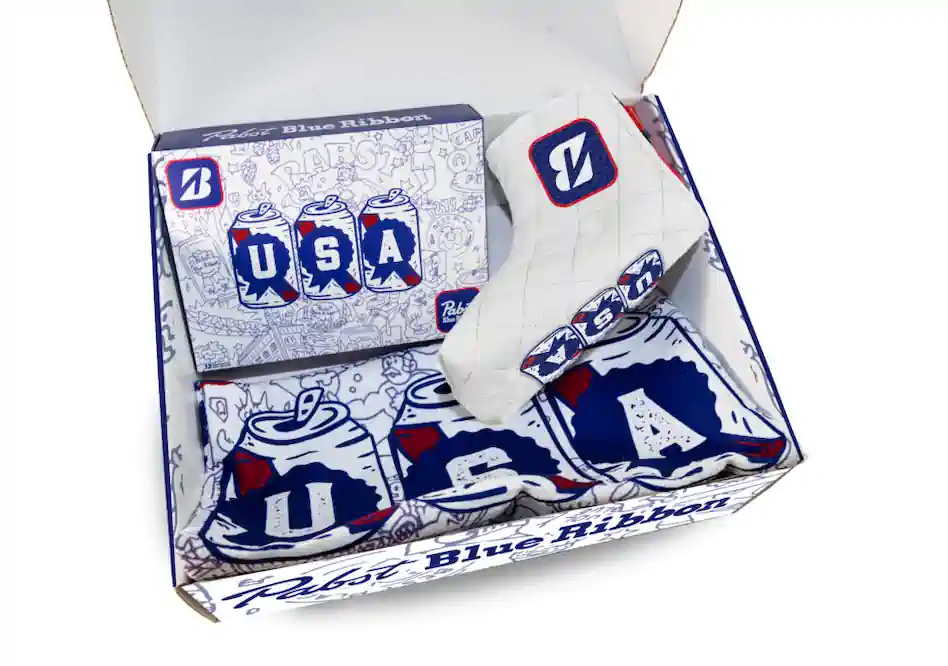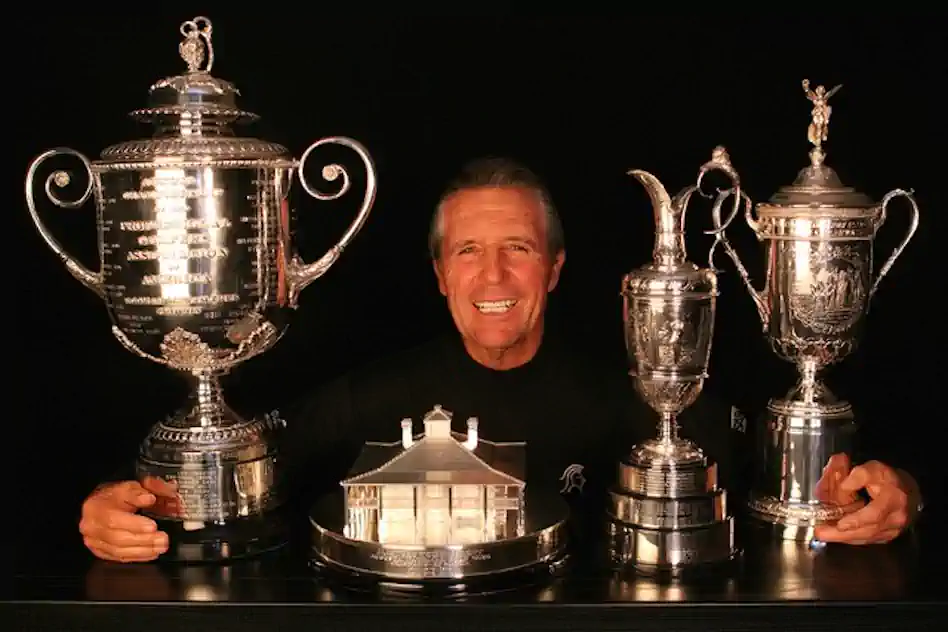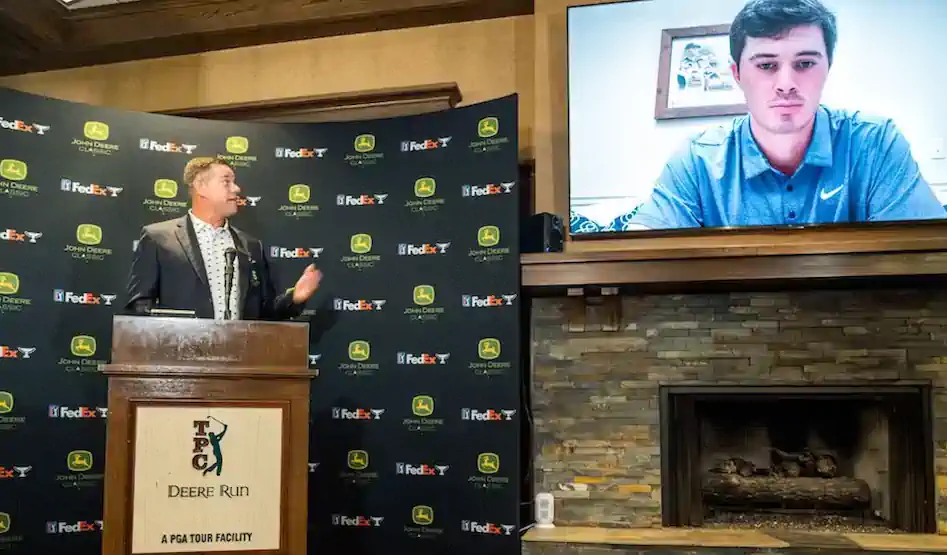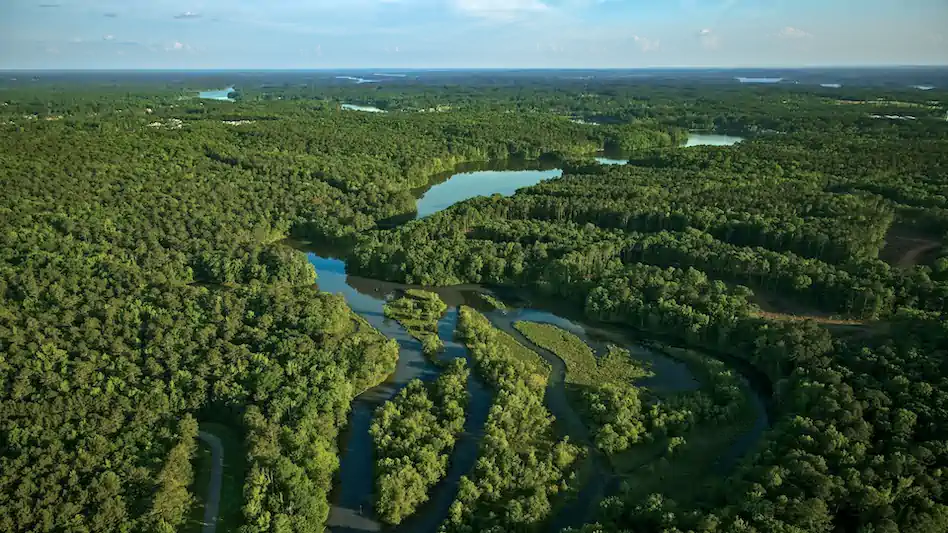ORLANDO, Florida – Rounds golf in U.S. in 2020 increased by as many as 75 million, according to golf industry reports, most of them in the back half of year as a result of pent-up demand following the post-COVID 19 lockdown. David Maher, CEO of Titleist and FootJoy parent The Acushnet Co., expects-played gains in the first half of this year, but anticipates a slowdown in the second half.
That’s not being negative – just pragmatic. After all, the golf industry throughout 2021 will be judged against the record-setting numbers (in participation and equipment sales) of 2020, which might not be apples-to-apples comparisons.
“But net-net, we like the trajectory and energy of the momentum that golfer participation engagement brings to the game,’’ Maher said. “I think, frankly, it would be unlikely that we maintain the clip or pace that we saw in the second half. Rounds were up 40 percent in the U.S. in the fourth quarter.
“Now again, I think we are going to be living in an environment that’s healthier in 2021, but we’re also trying to be realistic with how folks allocate their time and how life is going to change as we become a vaccinated country. And then, you apply that same logic around the world.’’
Titleist is an American brand name of golf equipment produced by the Acushnet Company, headquartered in Fairhaven, Massachusetts. The Titleist brand, established in 1932 by Philip E. Young, focuses on golf balls and clubs. Titleist golf balls are teed up more often than any other brand by Tour professionals, amateurs, and recreational golfers.
Titleist and FootJoy parent The Acushnet Co., is planning a five-year, $120 million investment in its golf ball operations and what it calls “precision manufacturing capabilities.’’ Acushnet Co., CEO David Maher said the investment will enhance speed and efficiency of golf ball operations and stretching the company’s custom ball capabilities.
The Acushnet Co., operates two golf ball plants near its headquarters in Fairhaven, Mass., one in Thailand and a comprehensive custom ball operation here in New Bedford, Mass.
“As I look back at sort of the cadence of investment we make in the business, you would imagine these businesses require ongoing and sustaining investment,’’ Maher said.
“In the ‘90’s, we built ball Plant Two. In the 2000’s, we built ball Plant Three. In 2010 or so, we built ball Plant Four. So, we have a history of, from time-to-time, making significant investment in our operations. And while we won’t get into the specifics of where the investment is to be targeted, it reflects, for us, a generational step forward. When we look back over time, this is something that’s been very consistent with how we’ve always thought about the ball business.
Maher said this is the “right time,’’ from an allocation standpoint, and given the investments the company has made in other areas, for another major investment in its golf ball operations.
“It’s also incredibly exciting as we continually look around for new technologies and advancements to introduce in our business.’’







